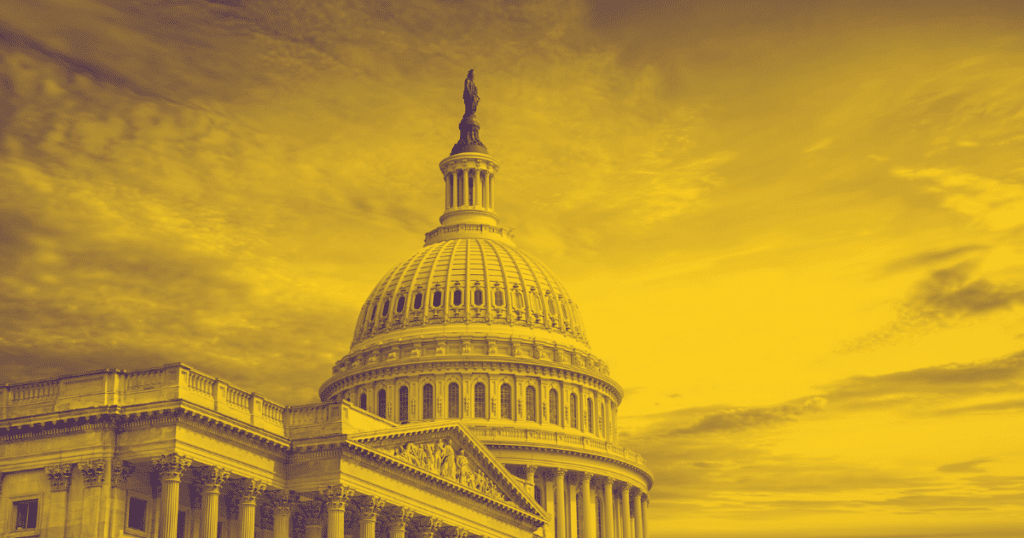Protect the right to organize, expand collective bargaining rights, and eliminate so-called “right-to-work” laws
Labor unions are under assault, with policies across the country undermining workers’ collective bargaining rights and stripping union workers of the wages, benefits, and retirement security they deserve. We must strengthen the federal laws that protect workers’ right to organize a union and bargain for higher wages and better benefits.
Restore tax fairness for union entertainment workers
The 2017 Tax Cuts and Jobs Act eliminated Unreimbursed Employee Expenses as a tax deduction. W-2 workers lost the ability to deduct expenses, often significant, like our equipment, travel for work, and even union dues. This meant an industrywide tax increase for many working class, union entertainment workers.
Implement a federal film and television production tax incentive to keep jobs in the U.S.
The American film and television industry – a vital economic driver and job creator – faces unprecedented threats from international competition. Foreign countries have escalated their tax incentive and subsidy structures to lure film and television productions, and the multitude of jobs they create, from the United States.
Films intended for initial release in the U.S. are increasingly being shot overseas, costing American jobs and economic benefits. Comparing 2024 and 2022, IATSE members lost the equivalent of 16,000 full-time jobs year-over-year. Federal policymakers must act to level the playing field and make U.S. more competitive, either through a federal incentive or other measures to spur domestic production.
Establish safeguards to ensure the fair and ethical use of Artificial Intelligence (AI) tools
Absent safeguards to ensure consent, compensation, and credit for the use of copyrighted works and intellectual property (IP), and appropriate transparency of training sets, Generative AI will be used as a sophisticated, deceptive tool for content theft. The theft of copyrighted works threatens our hard-won health care benefits, retirement security, and future job opportunities.
Federal policymakers must maintain strong copyright and IP laws, and prioritize the people involved in the creative process; require transparency of generative AI training data sets and the use of AI systems; and ensure entertainment workers are fairly compensated when their work is used to train, develop, or generate new works by AI systems.
Increase funding and reimagine federal support for the arts
As the union behind entertainment, we know that funding for the arts directly impacts job growth and work for our skilled craftspeople. Federal arts agencies – like the National Endowment for the Arts (NEA) – support working families, bolster local economies, and ensure all Americans have access to the arts and entertainment.
- Support a funding level for the NEA equivalent to $1 per capita
- Reimagine federal support for the arts by strengthening labor protections, including a greater worker voice in grantmaking, and modernizing grantmaking rules, as outlined in Reimagining Federal Support for the Arts and Public Media
Advance equity, diversity, and inclusion in the arts and entertainment industry
Equal rights are the cornerstone of the labor movement. IATSE is committed to equality of opportunity, eliminating all forms of discrimination, and upending systemic racism in the arts and entertainment industry.
- Pursue smart policy solutions aimed at creating diverse talent pipelines, incentivizing diversity in hiring, and supporting collective bargaining, outlined in A Policy Agenda for Advancing Equity, Diversity, and Inclusion (EDI) in the Arts, Entertainment, and Media Industries
- Pass the Equality Act (H.R. 15 / S. 1503) to prohibit discrimination based on sex, sexual orientation, or gender identity










